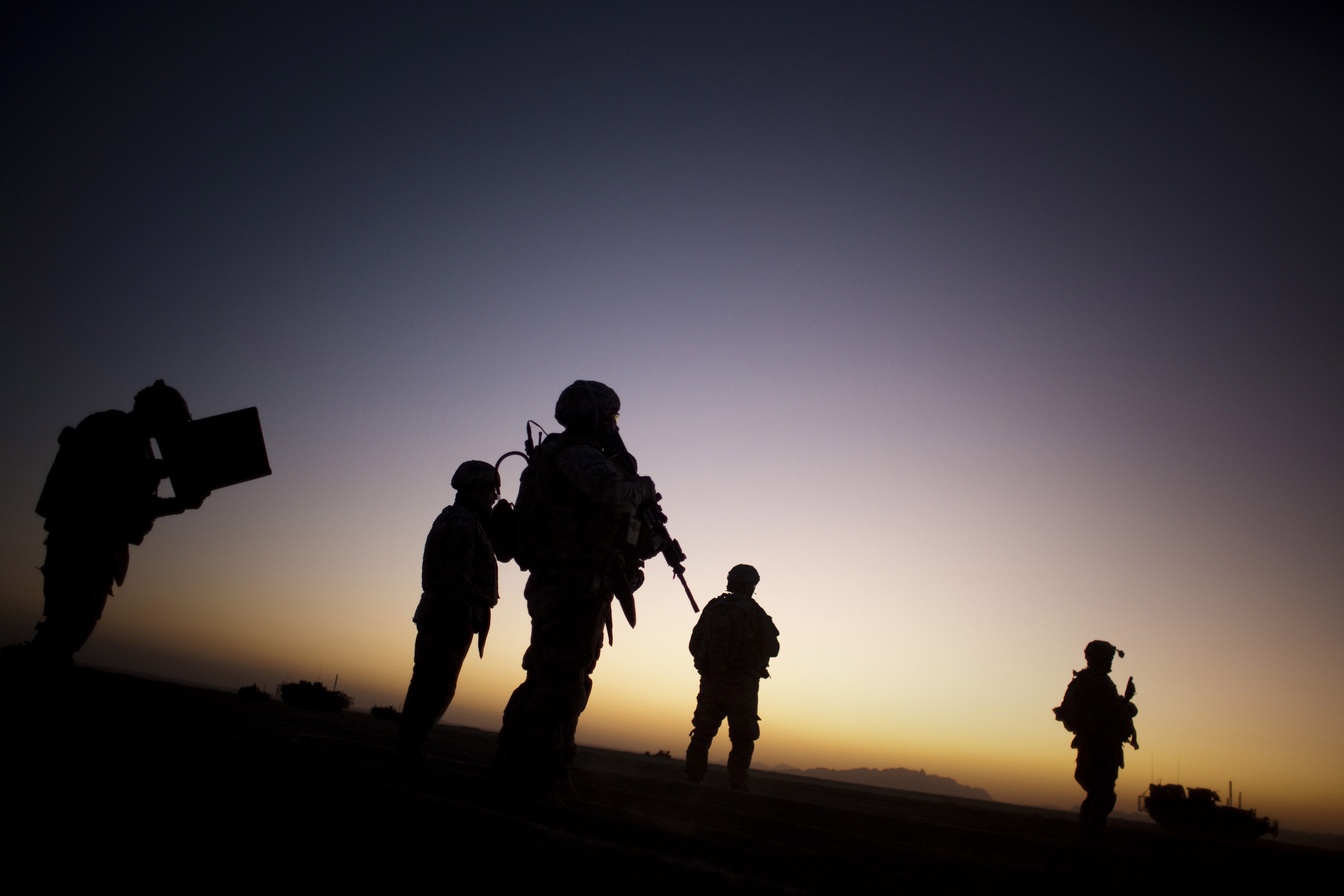WASHINGTON — The Institute of Medicine recommended Friday that soldiers returning from Iraq and Afghanistan undergo annual screening for post-traumatic stress disorder and that federal agencies conduct more research to determine how well the various treatments for PTSD work.
Of the 2.6 million service members deployed to Iraq and Afghanistan, it’s estimated that 13 to 20 percent have symptoms of PTSD.
Federal agencies have increasingly dedicated resources to screen and treat soldiers, but considerable gaps remain, according to the Institute of Medicine, an independent group of experts that advises the federal government on medical issues. Its recommendations often make their way into laws drafted by Congress and policies implemented by federal agencies.
Barely more than half of those diagnosed with PTSD actually get treatment, often because many soldiers worry it could jeopardize their careers. Also, when soldiers do get care, they’re not tracked to determine which treatments are successful in the long-term.
The Defense Department provides medical care to active members of the military and the Department of Veterans Affairs cares for those who no longer serve. Sandro Galea, the chairman of the Institute of Medicine panel, said both departments offer many programs for PTSD.
“But treatment isn’t reaching everyone who needs it, and the departments aren’t tracking which treatments are being used or evaluating how well they work in the long term,” said Galea, a professor and chair of the epidemiology department at Columbia University. “In addition, DOD has no information on the effectiveness of its programs to prevent PTSD.”
Nick Colgin, who served for 15 months in Afghanistan as a combat medic until April 2008, suffered a traumatic brain injury after a rocket-propelled grenade slammed into his Humvee. While he showed symptoms of PTSD upon his return to civilian life, he waited to get treatment until just last month.
“I just didn’t want anyone to know I had that issue. I didn’t want to know myself,” said Colgin, 27.
In a recent speech, Defense Secretary Leon Panetta said commanding officers must make it clear that seeking help for the stresses of war is a sign of strength.
PTSD is triggered by a specific traumatic event, such as being in combat or witnessing death. The symptoms of the illness include a numbing of emotions, difficulty concentrating and exaggerated startled responses to events.



